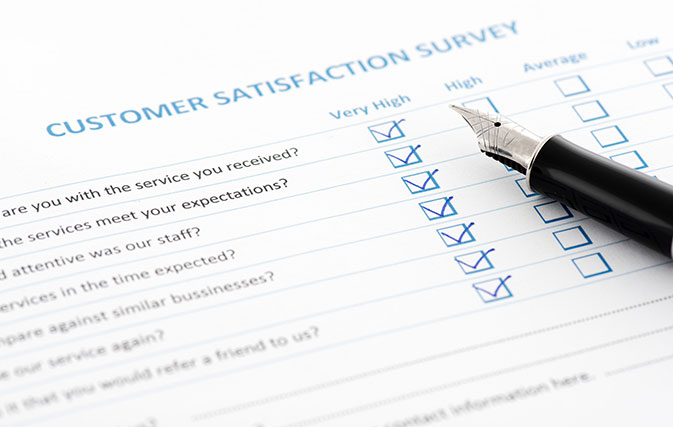COSTA MESA, CA – In J.D. Power’s 2018 North America Airline Satisfaction Study, Air Canada is among the top airlines that showed the most improvement in overall customer satisfaction.
Canada’s flag carrier saw a 25-point jump to 734 (on a 1,000-point scale) over last year, behind only Allegiant, which increased 58 points to 725.
The North America Airline Satisfaction Study, now in its 14th year, measures passenger satisfaction (both leisure and business) with airline carriers in North America based on performance in seven factors. These include: cost & fees; in-flight services; aircraft; boarding/deplaning/baggage; flight crew; check-in; and reservation.
The study is based on responses from 11,508 passengers who flew on a major North American airline between March 2017 and March 2018. This year, feedback shows that overall passenger satisfaction has improved to 762, continuing a seven-year trend of steady performance increases.
“With a single exception, airlines in North America show consistent improvements across all the factors, from booking a ticket to handling luggage,” said Michael Taylor, Travel Practice Lead at J.D. Power. “Operationally, it’s never been a better time to fly. Passengers perceive greater value in ticket prices, checking in has never been easier, passengers are more satisfied with the actual aircraft and airlines have improved their baggage-handling performance.”
Here are some key findings:
- Annual improvement in overall customer satisfaction is driven by increased satisfaction with the aircraft (+15 points); a better experience with boarding/deplaning/baggage (+10) and reservation (+11); and satisfaction with costs & fees (+8). The attribute contributing to improved customer perceptions of the aircraft is availability of overhead storage, an area in which the study’s top-ranked airlines have recently invested significantly.
- Airlines continue to struggle to meet customer expectations for device connectivity, with in-flight services scoring lower than any other factor in the study. Compared with aircraft offering seatback screens, passengers using their own mobile devices to access in-flight services are less satisfied with the variety of in-flight entertainment available and availability of in-flight services. Keeping pace with improvements in Wi-Fi technology is a difficult and expensive proposition for the airlines.
- Among traditional carriers, Alaska Airlines ranks highest for the 11th consecutive year, with a score of 775. Alaska Airlines performs particularly well in all seven factors of the study, with a great deal of improvement coming from investments in new overhead bins that fit roll-aboard bags better than traditional bins. Delta Air Lines (767) ranks second.
- Among low-cost carriers, Southwest Airlines ranks highest for the second consecutive year, with a score of 818. Southwest Airlines performs particularly well in all seven factors, driven in large part by investments made in fleet improvements. JetBlue Airways (812) ranks second.
For more information about the North America Airline Satisfaction Study, visit http://www.jdpower.com/resource/jd-power-north-america-airline-satisfaction-study.

